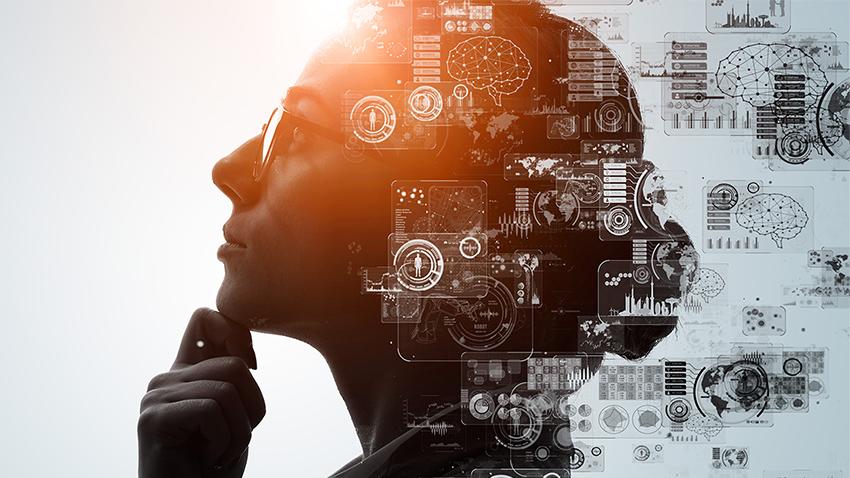Artificial Intelligence: A Cornerstone of Technological Advancement
Artificial intelligence (AI) has rapidly evolved since its inception in the mid-20th century and is now a cornerstone of technological advancement across various sectors. Defined as “self-learning, adaptive systems,” AI encompasses a vast array of technologies such as facial recognition, language processing, and autonomous vehicles. With advancements in computational power and data analytics, AI is transforming traditional human capabilities and opening new frontiers in technology.
Empowering Development Initiatives
AI holds immense potential in advancing global development goals, especially those aligned with the United Nations Sustainable Development Goals (SDGs). Its applications range from diagnostics and predictive analytics in healthcare (SDG 3) to climate resilience in agriculture (SDGs 2 and 15), personalized learning in education (SDG 4), and improved humanitarian response through crisis mapping and aid distribution.
AI can also assist the United Nations in addressing crises, fostering international collaboration, and driving sustainable development. The UN Secretary-General has emphasized the need for global cooperation to bridge the AI divide, as access to AI tools remains uneven, particularly in developing nations.
Towards Global AI Governance
With AI’s rising influence, the need for comprehensive and coordinated global governance becomes crucial. To address this, the UN Secretary-General established a High-Level Advisory Body on AI, consisting of up to 39 experts from diverse fields. This advisory panel focuses on aligning AI governance with human rights and the SDGs, engaging governments, the private sector, and civil society to promote collaboration.
In a recent report, the Advisory Body outlined a blueprint for addressing AI risks and promoting its transformative capacity worldwide, recommending the establishment of a globally inclusive and distributed architecture for AI governance to foster development and protect human rights.
Challenges and Potential Risks
Despite AI’s promise, several challenges and risks accompany its rapid development. From potential human rights violations to the threat of AI-powered disinformation endangering peace and security, the ramifications are far-reaching. Concerns also abound over AI’s ability to manipulate democratic processes and spread false information, potentially undermining public institutions and scientific endeavors.
The UN underscores the importance of human oversight in AI decision-making processes to protect fundamental human rights. AI’s role in transforming societies and economies is undeniable, yet without adequate guardrails, it may exacerbate existing inequalities and digital divides.
AI in Action: Key Sectors
In the field of education, AI can revolutionize teaching practices, aligning with SDG 4. However, the rapid pace of AI advancements requires updated policies and frameworks, prompting UNESCO to adopt the Digital Competency Framework for educators.
AI’s impact extends to the judiciary, where it aids in enhancing transparency and access to justice, and the UNDP’s Accelerator Labs use AI for analyzing satellite imagery, advancing development in various countries.
In healthcare, the World Health Organization collaborates with the International Telecommunication Union to promote the ethical use of AI technologies, while the World Food Programme’s AI Sandbox assesses AI projects for humanitarian aid applications.
Conclusion
AI’s potential to drive innovation and productivity highlights the importance of responsible deployment and governance. The United Nations Global Compact’s “Gen AI for the Global Goals” report provides strategies for businesses to align AI applications with sustainable development, emphasizing the private sector’s role in achieving the SDGs.
The global push towards coordinated AI governance, ethical standards, and international collaboration underscores the significance of leveraging AI as a force for good. As the world navigates this technological frontier, concerted efforts are essential to ensure AI contributes positively to human development while safeguarding fundamental rights.
Note: This article is inspired by content from https://www.un.org/en/global-issues/artificial-intelligence. It has been rephrased for originality. Images are credited to the original source.
For more insights on AI, subscribe to aitechtrend.com.








